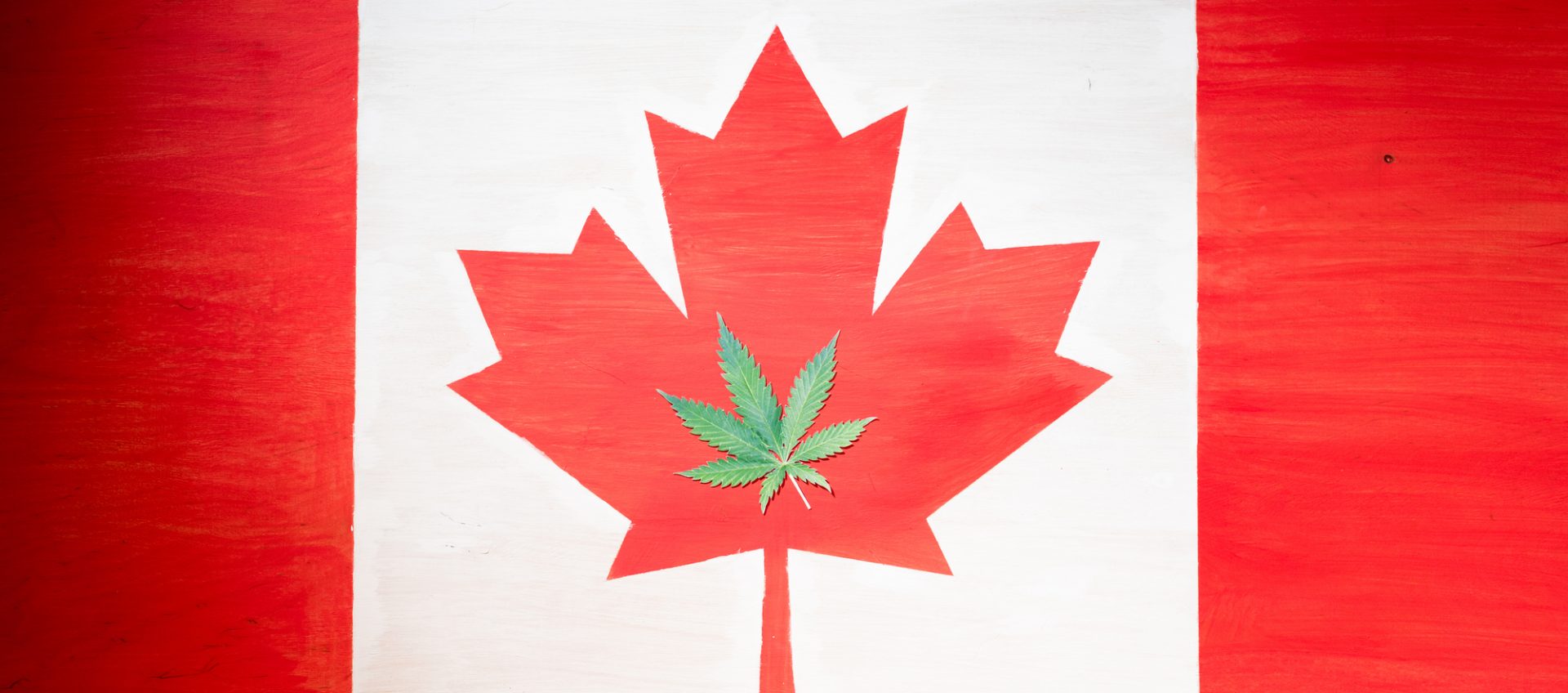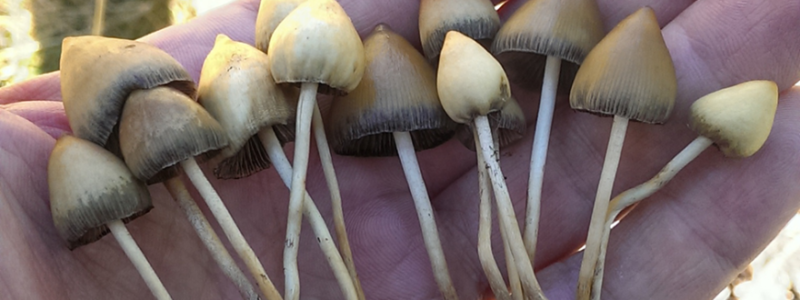Introduction
While magic mushrooms can offer profound experiences and insights, it’s not always smooth sailing. Sometimes, users may find themselves in the throes of a challenging psychedelic journey, commonly called a “bad trip.” While such experiences can be intense and even frightening, there are strategies to navigate and mitigate the adverse effects.
Understanding the “Bad Trip”
A “bad trip” on magic mushrooms can encompass a range of experiences, including intense fear, anxiety, paranoia, and disturbing hallucinations. It’s crucial to remember that these experiences are temporary and a result of the psilocybin’s effect on your brain.
Many factors can contribute to a challenging trip, including the dosage, the individual’s mindset, and the environment. Sometimes, these experiences may bring deeply buried feelings or thoughts to the surface, which can be confronting but also an opportunity for personal growth and emotional processing.
Mindset and Environment: The Art of “Set and Setting”
The concept of “set and setting” is integral to psychedelic experiences. “Set” refers to the user’s mindset – their current emotional and mental state, expectations, and intentions for the trip. “Setting” refers to the physical and social environment in which the substance is taken Click here for $99 Ounce.
If a trip turns challenging, assess both your set and setting. If your environment is causing discomfort, changing locations or turning on calming music can help. If your mindset contributes to the experience, try to shift your perspective. Remember, the feelings are temporary and will pass. Deep breathing or meditation can assist in calming your mind.
Surrender, Don’t Resist
While it may seem counterintuitive, one of the most effective ways to navigate a bad trip is surrendering to the experience rather than resisting it. Resisting often intensifies negative emotions and prolongs the experience.
Acknowledge your feelings without judgment and remind yourself that they are a response to the psilocybin and will pass. This approach aligns with mindfulness, a mental state of acknowledging and accepting one’s feelings, thoughts, and bodily sensations. By focusing on the present and getting the experience, you can transform the course of your trip.
Reach Out for Support
A trusted friend or “trip sitter” present can be invaluable during a bad trip. They can provide reassurance, help you navigate intense emotions, and remind you that your experience is temporary.
If a trip sitter is unavailable and you’re feeling overwhelmed, hotlines provide immediate assistance during psychedelic experiences. Always remember, there’s no shame in seeking help. In cases where anxiety or fear becomes too much, professional healthcare providers can provide immediate support and care.
Conclusion
While a bad trip can be a daunting experience, remember that it is temporary and can be navigated with the right tools. Understanding the role of set and setting, practicing mindfulness and acceptance, and reaching out for support can all contribute to managing the experience. Ultimately, navigating a challenging trip can equip you with resilience, self-understanding, and greater insight into your psyche. As with any psychedelic experience, safety should always be paramount. With proper preparation and care, even the stormiest trips can lead to calmer seas.

